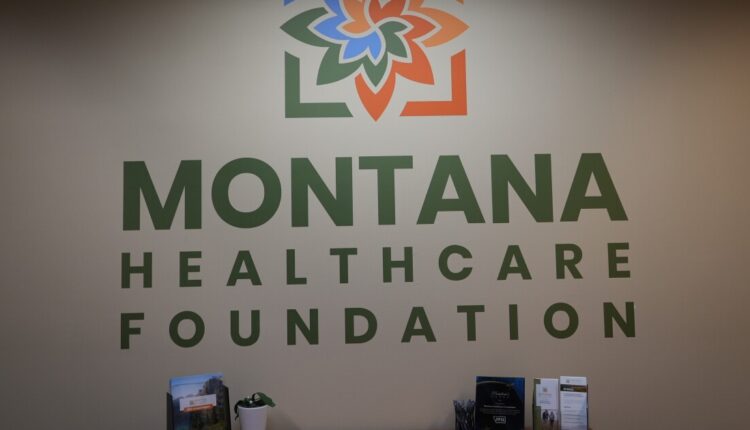
New Report Highlights Potential Impact of Federal Bill on Montana’s Medicaid Recipients
TL/DR –
A report by the Montana Healthcare Foundation (MHF) suggests that proposed changes in the federal bill could result in around 31,000 people in Montana losing their Medicaid coverage in the first year. The biggest changes would be that Medicaid recipients have to confirm their eligibility twice a year instead of once, and the addition of work requirements for those on Medicaid expansion. The report also estimates that, over the next decade, Montana could see $5.4 billion less in health care spending for low-income residents, 80% of which would come from reduced federal Medicaid spending.
Potential effects of Federal Bill on Medicaid in Montana evaluated in new report
With the U.S. Senate actively developing its version of the Republicans’ “One Big Bill”, a fresh report launched by the Montana Healthcare Foundation reveals possible implications on Medicaid beneficiaries in Montana.
The significance of Medicaid for Montana’s healthcare system is highlighted in the report, according to MHF CEO Aaron Wernham. The foundation has been consistently publishing reports on Medicaid impacts in Montana. The latest release scrutinizes proposed changes to Medicaid rules in the federal bill and their potential effects on the state.
The report provides estimates, not certainties, but predicts that in the first year, approximately 31,000 people among 214,167 Medicaid or Healthy Montana Kids program beneficiaries, might lose their coverage. This stat includes around 27,000 adults from the Medicaid expansion, equating to one third of the existing expansion population. It estimates that 60% of the losses would occur in rural Montana.
Major alterations in the bill include doubling the frequency of eligibility confirmation for Medicaid recipients and incorporating work prerequisites for Medicaid expansion beneficiaries. These changes are expected to help weed out “waste, fraud and abuse” and reinforce the program, as suggested by Montana Republican Reps. Ryan Zinke and Troy Downing.
However, Wernham expressed concerns about potential wider impacts, stating that implementing these changes requires substantial government effort, increasing the risk of eligible individuals losing coverage due to the new requirements.
Furthermore, the report predicts a potential decrease of $5.4 billion in healthcare spending for low-income residents over the next decade, with 80% resulting from reduced federal Medicaid spending. Wernham suggests Montana might witness a larger reduction in federal funding compared to other states.
Despite the Montana Legislature’s recent decision to extend the state’s Medicaid expansion, the impending federal “Big Bill” could still have significant impacts. The final language of the “Big Bill” is pending, with Republicans in Congress aiming for approval by July 4.
—
Read More US Political News
